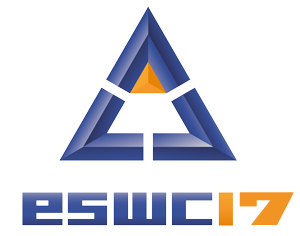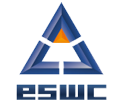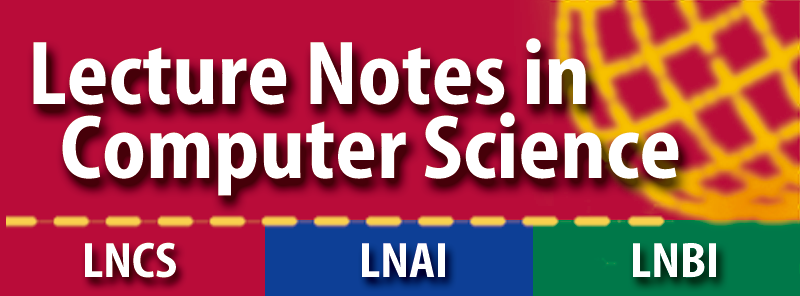John Sheridan
 Biography:
Biography:
As Digital Director, John is responsible for digital services, enabling The National Archives to fulfil its ambitions to become a digital archive by instinct and design. His role is to provide strategic direction, transform our digital offer, and to shape and drive forward our web-based services.
Prior to this role, John was Head of Legislation Services at The National Archives where he led the team responsible for creating the legislation.gov.uk website, as well overseeing the operation of the official Gazette.
A former co-chair of the W3C e-Government Interest Group, John has a strong interest in web and data standards. He serves on the UK Government’s Open Standards Board which sets data standards for use across government. John was an early pioneer of open data and remains active in that community.
John’s academic background is in mathematics and information technology, with a degree in Mathematics and Computer Science from the University of Southampton and a Master’s Degree in Information Technology from the University of Liverpool. John recently led, as Principal Investigator, an Arts and Humanities Research Council funded project, ‘big data for law’, exploring the application of data analytics to the statute book, winning the Halsbury Legal Award for Innovation.
Title: Semantic Web technologies for Digital Archives
What will people in the future know of today? As the homes for our collective memory archives have a special role to play. Semantic Web technologies address some important needs for digital archives and are being ever more embraced by the archival community.
Archives face a big challenge. The use of digital technologies has profoundly shaped what types of record are created, captured, shared and made available. Digital records are not just documents or email but all sorts of content such as websites, threaded discussions, video, websites, structured datasets and even computer code. Yet, in the digital era, when so much is encoded as 0s and 1s there is no long term solution to the challenge of preservation. All archives can do is make the institutional commitment to continue to invest, through generations of technological change, in the engineering effort required for records to continue to be available.
The National Archives is one of the world’s leading digital archives. Our Digital Records Infrastructure, which makes extensive use of RDF and SPARQL, is capable of safely, securely and actively preserving large quantities of data. Our Web Archive provides a comprehensive record of government on the web. We also lead the maintenance of a register of file format signatures that is used relied on by archives and other memory institutions around the world.
As a digital archive we provide value by preserving digital records, keeping them safe for the future. We maintain the context for the records so their evidential value can be understood in the context of their creation and continuing use. We produce records so that they are available for others to access, and we also enable use.
Semantic Web technologies play a key role in each of these areas and are integral to our approach for preserving, contextualising, presenting and enable use of digital records. This presentation will explain why and how we have used semantic web technologies for digital archiving and the benefits we have seen, for managing heterogeneous metadata and also in areas such a provenance and trust. It will explore new opportunities for archives from using Semantic Web technologies in particular around contextual description, with digital records increasingly contextualising each other. This is part of a shift to a more fluid approach where context grows with an archives collection and in relation to other collections. Finally it will also look at the challenges for archives with using Semantic Web technologies in particular around how best to manage uncertainty in our data as we increasingly use probabilistic approaches.





